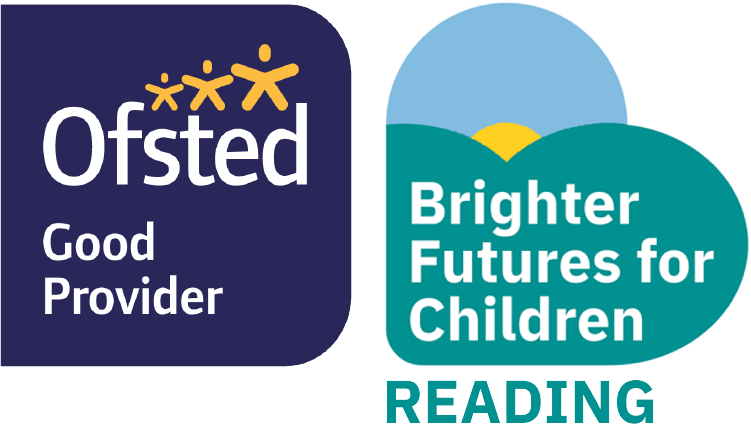Thinking about it?
Becoming a foster carer is a big decision, but it may be the most rewarding decision you ever make.
Join our next online event to hear from one of our foster carers and ask them your questions.
Email us for an information pack: foster@brighterfuturesforchildren.org
Call us for an informal chat to learn more or to enquire: 0300 131 2797.
Read on for a few initial considerations.
1. Why do you want to foster?
Understanding why you want to do anything is always worthwhile before you start exploring it and it’s the same with fostering.
Is it because you’ve been inspired by someone else who fosters? Is it because you work with children and want to make a difference? Is it because of your own childhood experiences? Whatever the reason, try to identify what it is about fostering that really appeals to you and why.
2. Do you have the right set-up at home?
It’s a requirement to have a spare room to become a foster carer. A child needs a room and space of their own. To foster with Brighter Futures for Children, you also need to live within a 20-mile radius of Reading.
If you’re planning to foster as a single carer, do you have a strong support network around you? If you’re fostering with a partner and maybe your own children are still at home, have you considered how fostering would impact everyone?
3. Have you got the experience?
We offer training in many of the key skills you will need to become a foster carer like understanding attachment and loss, safeguarding, therapeutic parenting, first aid and so on.
Experience looking after children or young people is a benefit to you as a foster carer and is recommended. If you don’t have childcare experience, it’s a good idea to see if you can volunteer with local groups, like Brownies, Scouts or a youth club. If you’re feeling stuck, you can also get in touch with us and we could help link you up with a local organisation.
4. Does it work for you financially?
Fostering is a paid role. You will be paid as a foster carer plus you’ll also have an allowance for the child in your care when they are living with you.
Fostering is a busy role and you’ll need to attend meetings, take children to and from school and extracurricular and social activities. You can work alongside fostering but you will need to be flexible so you’ll need to think about any other jobs you may have.
5. Have you got the right attitude?
As a foster carer, you will be looking after children and young people who have been through a tough time. As a foster carer, you’ll need to be understanding, empathetic and have a genuine desire to want to support a child or young person and help them thrive.
You will be working with social workers and other professionals around the child so good communication is key.
You may be taking children to have contact with their birth families and meeting people from all walks of life so being open-minded and non-judgmental is really important.
Patience, resilience, kindness, positivity and a good sense of humour always help too!
